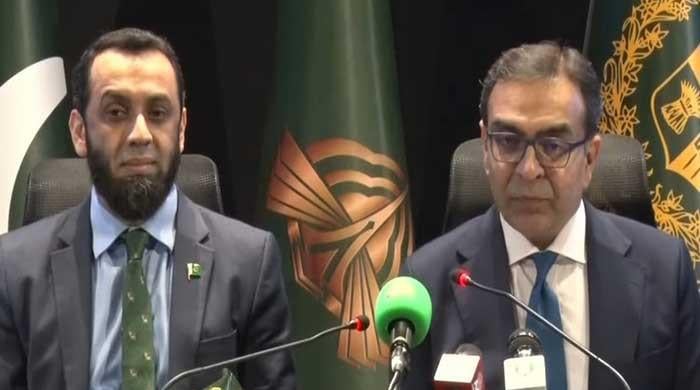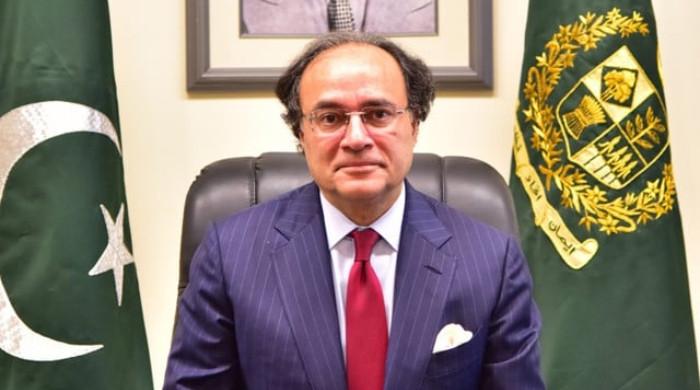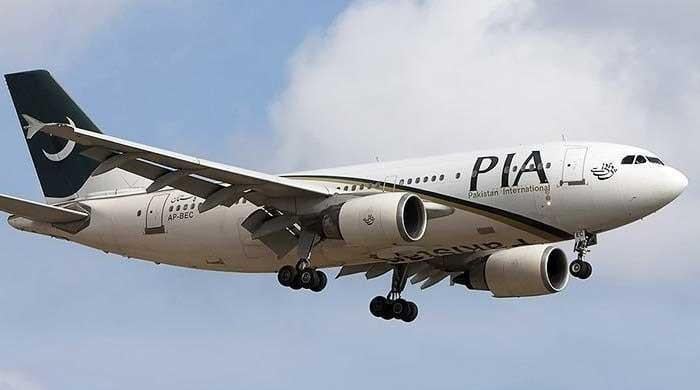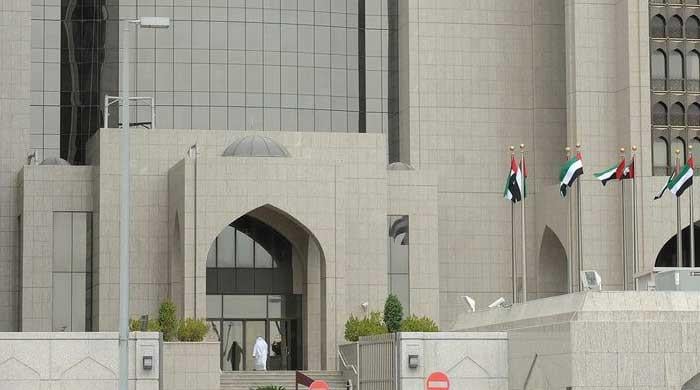Greece pushed to take bailout deal without debt relief
Bitter disagreement between Germany and the IMF has held up the payout of a fresh tranche for Athens
June 15, 2017
Greece faced pressure Wednesday to accept a bailout deal with no new debt relief so that it can meet huge repayments and avert a fresh crisis this summer.
After months of bickering, Greece's eurozone creditors and the International Monetary Fund are on the verge of breaking a deadlock when they meet in Luxembourg on Thursday.
"On Thursday, we will manage to achieve that," German Finance Minister Wolfgang Schaeuble, the eurozone's most influential official, told Bloomberg news agency.
But Athens insisted it would veto the deal, furious that the disbursement of the latest tranche of its 86-billion euro bailout agreed in 2015 could come without long-hoped-for firm debt relief commitments.
"We are far from finding a solution at the Eurogroup on Thursday, given that Germany has not made any step," a Greek government source told AFP.
Bitter disagreement between Germany and the IMF has held up the payout of a fresh tranche for Athens to meet seven billion euros of debt repayments due in July.
Berlin, Greece's harshest critic, has long resisted any fresh commitment to debt relief for Athens, saying it must trim its budget and reform.
The IMF -- whose chief Christine Lagarde will be at the meeting with the 19 eurozone finance ministers -- has long insisted that debt relief be part of a deal.
But in a major breakthrough, the Washington-based IMF this month agreed to join Greece's massive bailout while putting off the debt question until a later date.
The IMF compromise is a setback for Greek Prime Minister Alexis Tsipras, who has pushed through waves of tough reforms on a promise that Greeks would win debt relief as a reward.
Greece nearly crashed out of the euro in 2015 after a furious fight over the bailout deal, and says its fragile recovery has suffered from the most recent delay.
Difficult, complicated
To soften the blow on debt relief, France has asked its eurozone partners to offer Athens a commitment to debt relief linked to Greece's economic growth.
"We are really doing our best to find an agreement," said French Finance Minister Bruno Le Maire after talks on Monday with his Greek counterpart Euclid Tsakalotos.
"It's difficult. It's complicated," he said before talks with Tsipras.
Tsipras has urged his eurozone creditors to accept the French compromise.
Thursday's meeting was "essential" for the "future of Europe, democratic Europe and for a Europe of growth", Tsipras said in an emotional editorial published in French daily Le Monde on Wednesday.
Without an accord, Tsipras said he will take up the issue with EU leaders at a summit in Brussels next week, a situation that the eurozone ministers will do everything to avoid.
The IMF's compromise is a controversial one, with critics accusing the Washington-based fund of caving in to Berlin.
The IMF had insisted repeatedly that Greece's debt is not sustainable and the country would require significant debt relief from Europe before the fund could approve a new loan programme.









